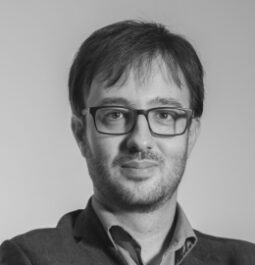
Presentation
The Masters in Text Editing focuses on the options and methods used to establish communication between the author and the reader, from the preparation of texts to the distribution of publications. Its seminars and courses deal with methods of critical editing, common editing and electronic editing, and include textual studies, literary theory and the history of the book.
Objectives
- To deepen knowledge and understanding of the various skills and techniques associated with editing, in its historical, theoretical, technological, design and execution aspects;
- To develop scientific and academic competences in order to approach the mechanisms of writing, reception and preparation of texts for reading;
- To manifest critical acumen for interdisciplinary and comparative reflection between theories of literature and cyberculture and text editing practices;
- To acquire specialized skills for professional work in the field of editing, namely for the creation and development of original editing projects, and the ability to leverage the professional experience already acquired and/or in training.
Curricular structure
Duration: 3 semesters Total Credits: 93 ECTS (60 in curricular units + 33 in the non-taught component)
Modalities of non-taught component: Dissertation, Project Work or Practical Work Experience with Report
Number of credits on a free-choice basis: 10 credits (the student may complete 10 credits in a free-choice regime in post-graduate level curricular units at NOVA FCSH, at NOVA, or at other national or foreign higher education institutions, by means of a protocol).
The Master’s degree corresponds to Level 7 of the NQF and EQF - National Qualifications Framework/European Qualifications Framework.
Coordination
Faculty staff
- Fernando Clara
- Humberto Brito
- João Luís Lisboa
- Paula Cristina Costa
- Pedro Sepúlveda
- Rui Zink
- Invited expert: João M. Machado

